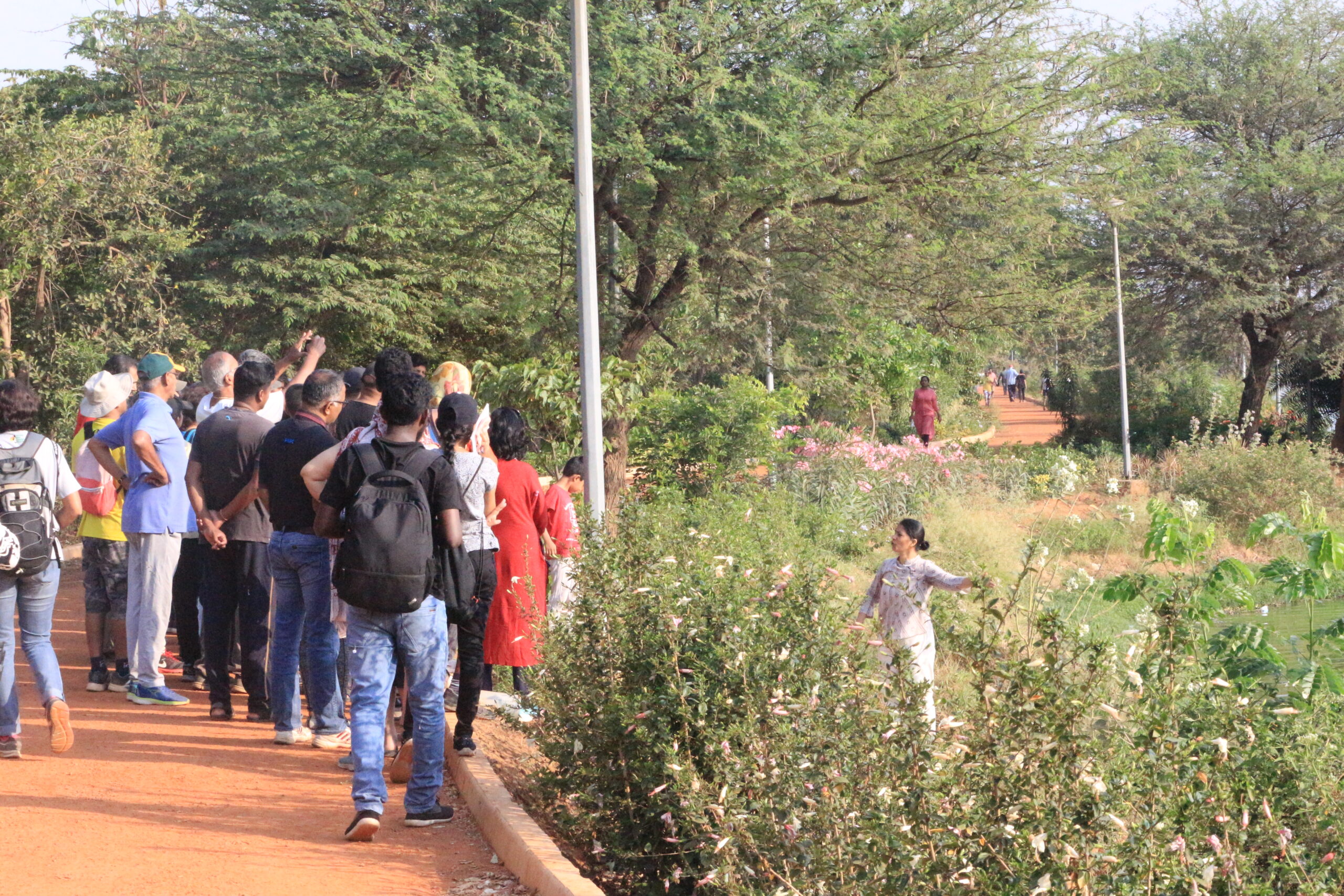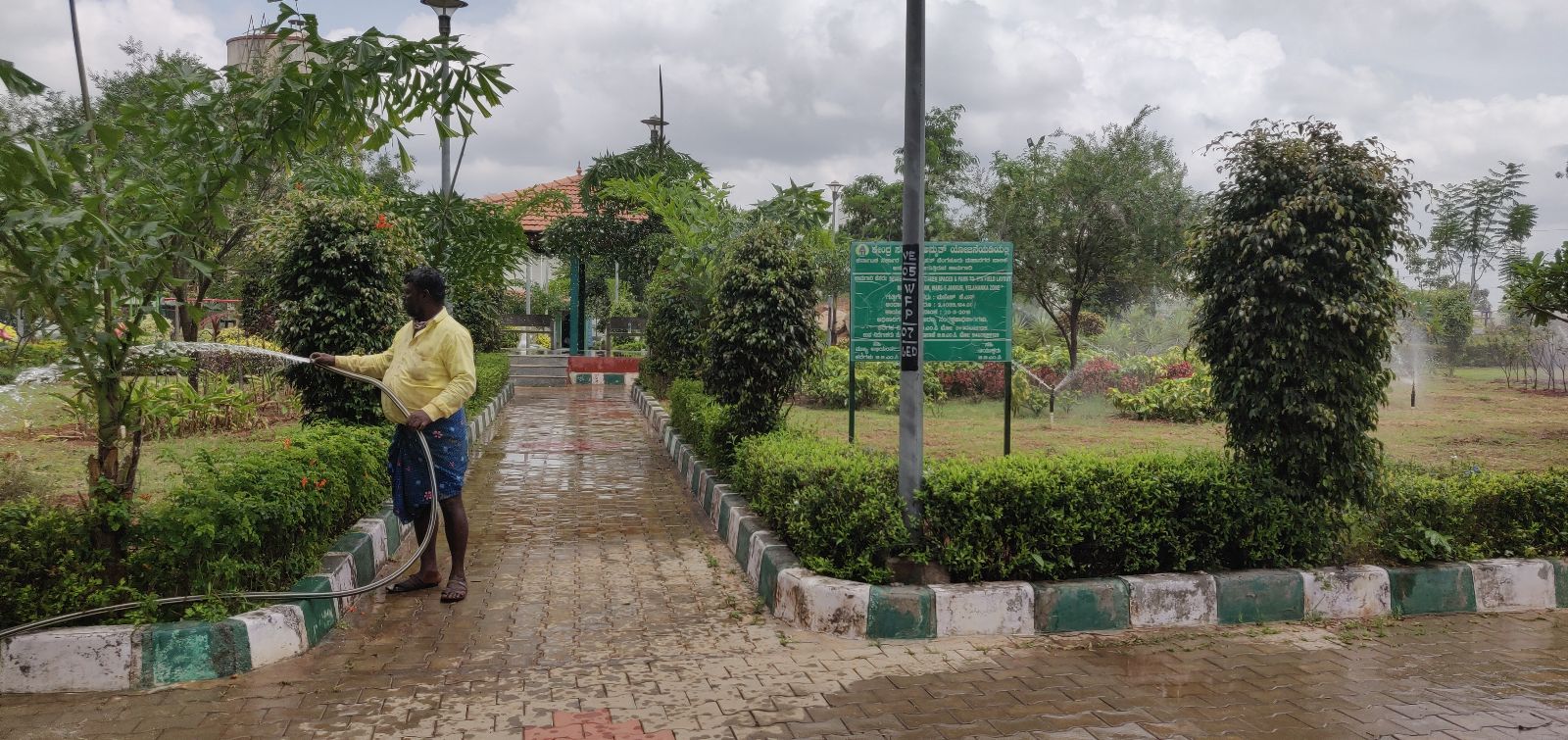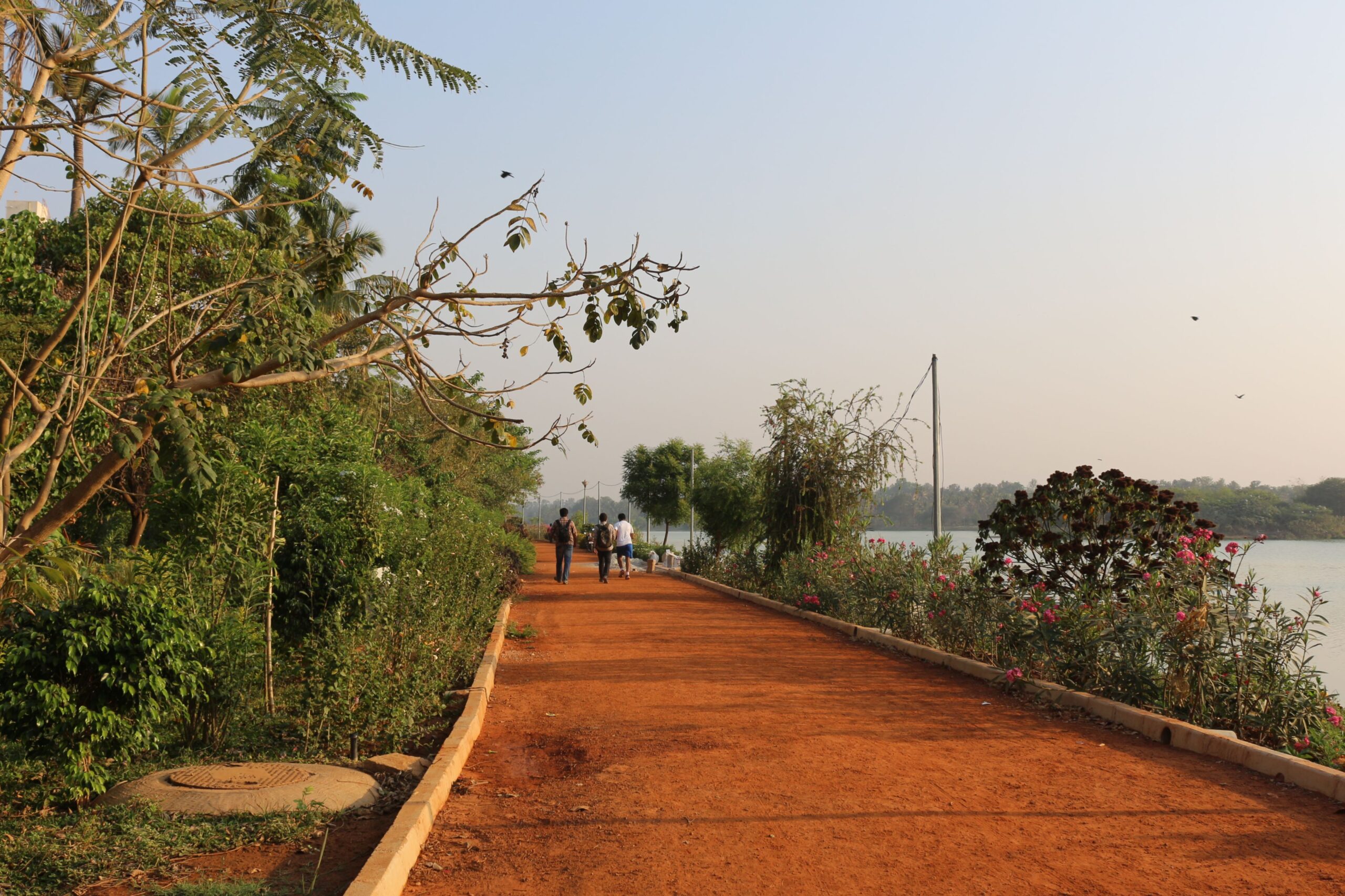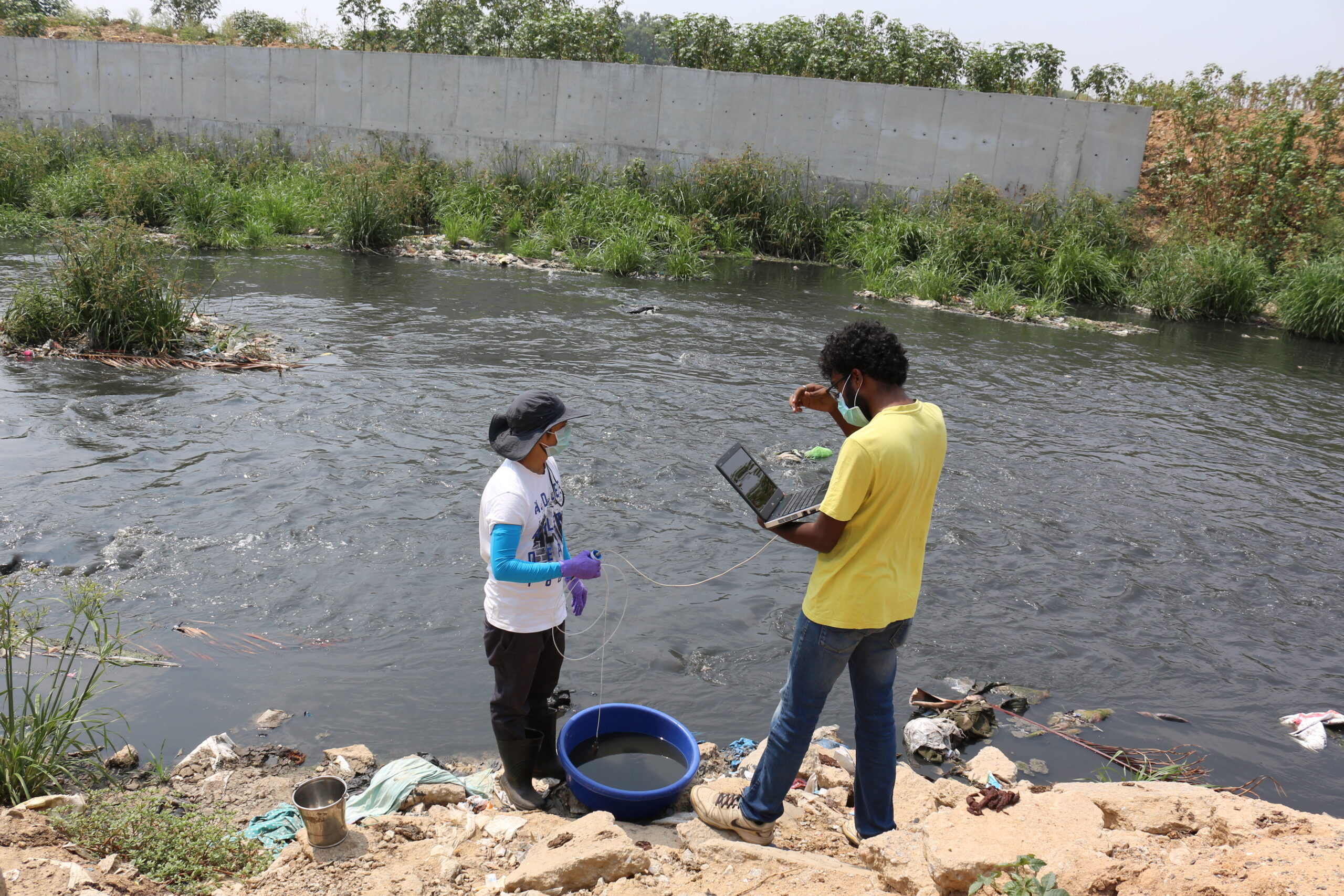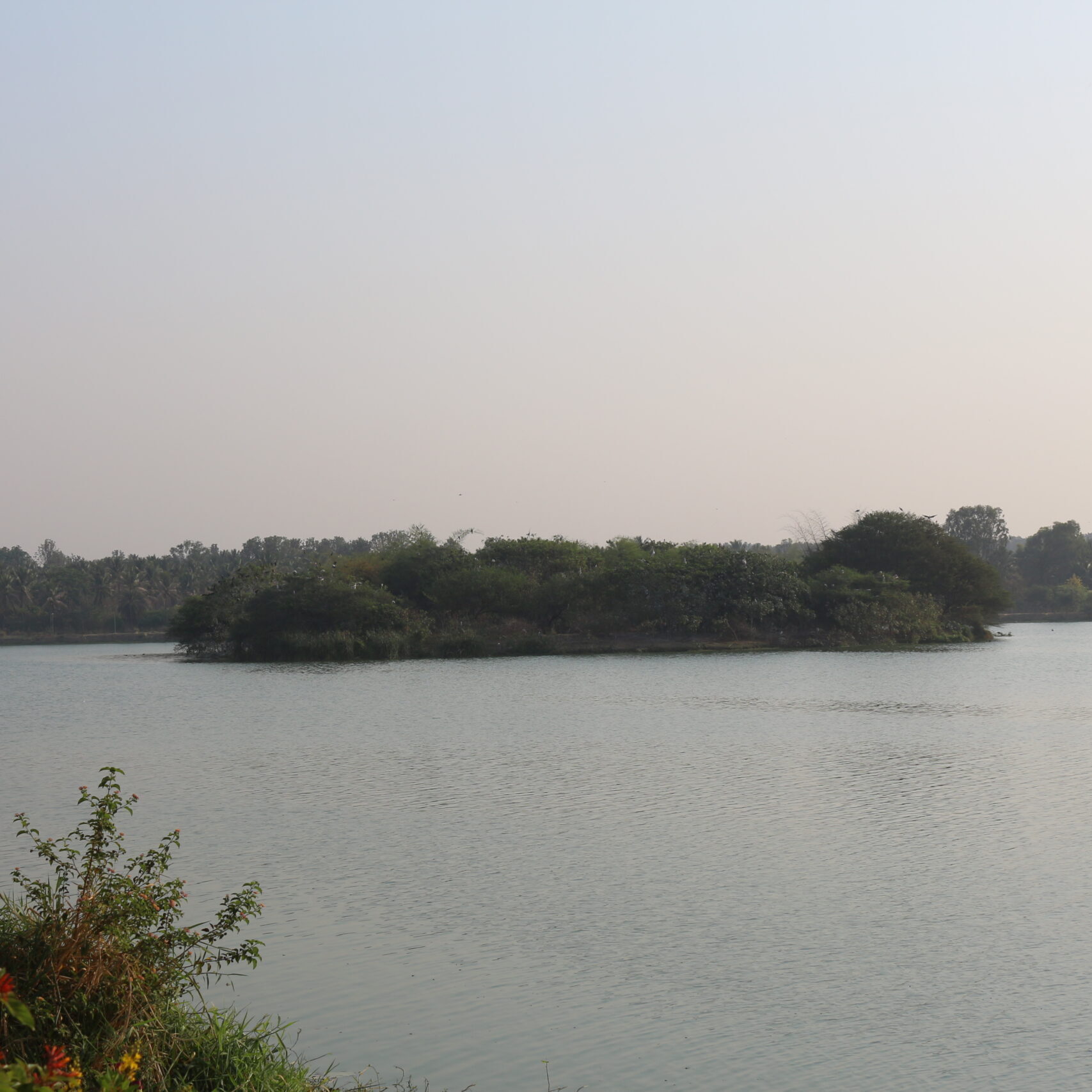Acceptance of On-Site Wastewater Treatment and Reuse in Bengaluru, India: The Role of Perceived Costs, Risks, and Benefits
Photo: A residential decentralised wastewater treatment plant in Bengaluru.
To increase on-site wastewater treatment and reuse, some cities, among them Bengaluru in India, have mandated the installation and use of the necessary technology in certain building types.
However, even with a mandate, a successful and sustainable implementation of the technology, including reliable operation, monitoring, and maintenance, depends on the acceptance (i.e. positive valuation) of the technology and its use by the (prospective) users. Literature on technology acceptance indicates perceived costs, risks, and benefits of the respective technology as key predictors of acceptance. Therefore, the present online study assessed this relationship for on-site systems in Bengaluru. The relation was analysed separately for mandated users of on-site systems (N = 103) and current non-users (i.e. potential prospective users, should the mandate be expanded; N = 232), as the perceptions might differ between the two groups, due to the personal experience with the technology among users. The results show that for mandated users and non-users, acceptance of on-site systems is explained by perceived benefits only, namely a positive image of users, environmental benefits, and, only for non-users, also financial benefits for the city. The findings suggest that interventions aimed at promoting on-site systems should include emphasis on the benefits of on-site systems. Whenever possible, interventions should be tailored to the target group’s individual cost, risk, and benefit perception.
Fill these details to access the publication
Acknowledgements
Authored by Josianne Kollmann, Shreya Nath, Sneha Singh, Sahana Balasubramanian, Eva Reynaert, Eberhard Morgenroth, Nadja Contzen
Uploaded by Anika Choudhary
If you would like to collaborate with us outside this project, write to us. We would love to hear from you.
Follow us and stay updated about our work:

